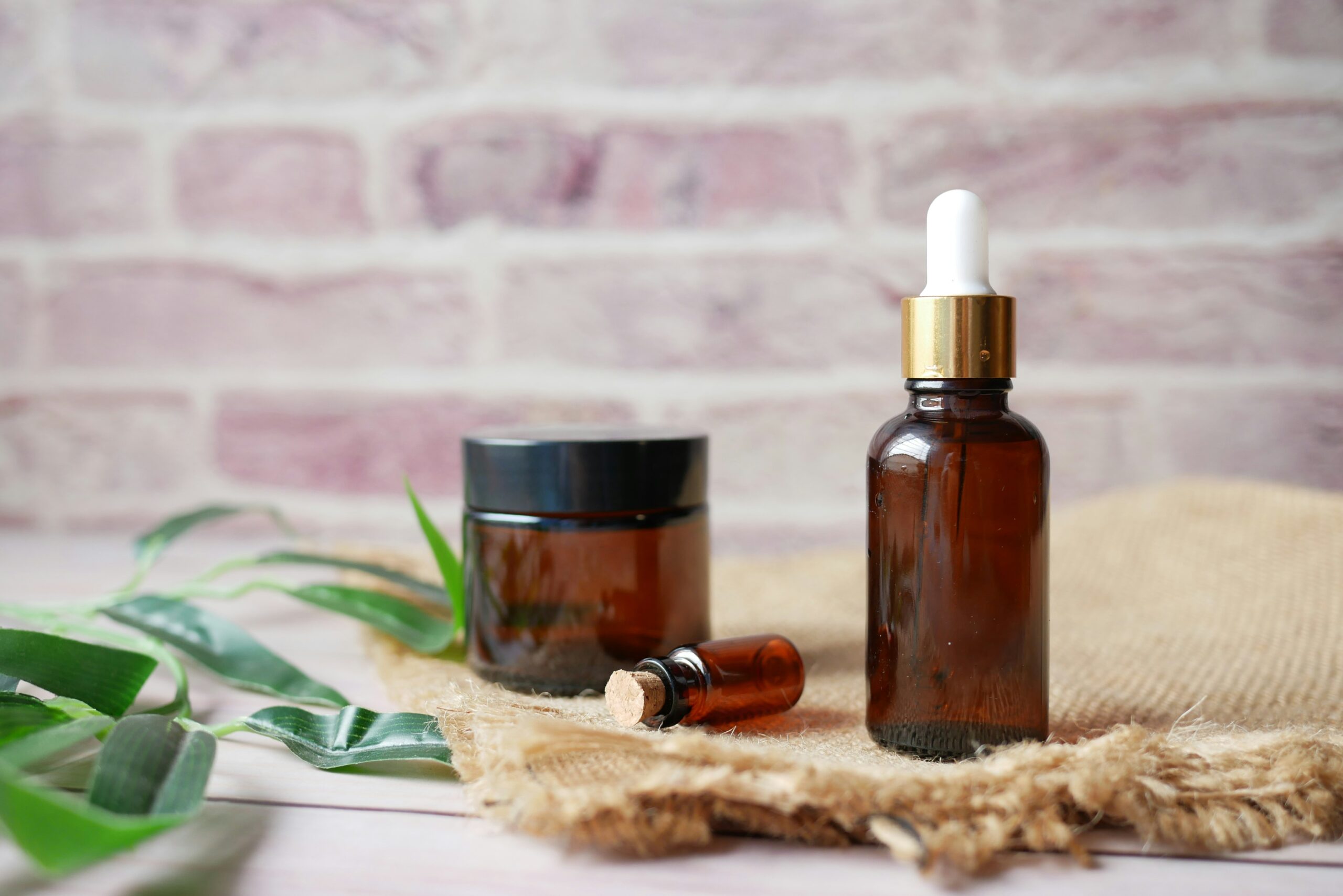Combat Insomnia Naturally: Relaxation Techniques, Sleep Schedule, and Sleep Environment Optimization


One natural remedy that has gained popularity in recent years is the use of essential oils. Certain essential oils, such as lavender and chamomile, have calming properties that can help relax the mind and body, making it easier to fall asleep. These oils can be used in a variety of ways, including as a diffuser in your bedroom or as a massage oil applied to your temples and wrists before bed.
Another natural remedy for insomnia is the practice of yoga and meditation. These ancient practices have been shown to reduce stress and anxiety, both of which can contribute to sleep disturbances. By incorporating a regular yoga or meditation practice into your daily routine, you can create a sense of calm and relaxation that will help prepare your body for a restful night’s sleep.
In addition to essential oils and mind-body practices, there are several lifestyle changes that can also improve sleep quality. One such change is creating a bedtime routine. Going to bed and waking up at the same time every day, even on weekends, can help regulate your body’s internal clock and promote better sleep. Additionally, avoiding caffeine and electronic devices, such as smartphones and tablets, in the hours leading up to bedtime can help signal to your body that it’s time to wind down.
Diet can also play a role in promoting better sleep. Consuming foods that are high in tryptophan, such as turkey, eggs, and bananas, can increase the production of serotonin, a hormone that helps regulate sleep. Similarly, avoiding heavy meals and spicy foods close to bedtime can help prevent indigestion and discomfort that may interfere with sleep.
Lastly, creating a sleep-friendly environment can greatly impact your ability to fall asleep and stay asleep. This includes keeping your bedroom cool, dark, and quiet. Investing in a comfortable mattress and pillows that provide proper support can also make a significant difference in your sleep quality.
While insomnia can be a frustrating and debilitating condition, there are many natural remedies that can help improve sleep quality and promote a good night’s rest. By incorporating essential oils, mind-body practices, lifestyle changes, and creating a sleep-friendly environment, you can take control of your sleep and wake up feeling refreshed and rejuvenated.
1. Relaxation Techniques
One effective way to combat insomnia naturally is by practicing relaxation techniques. These techniques can help calm your mind and prepare your body for sleep. Here are some relaxation techniques you can try:
- Deep Breathing: Deep breathing exercises can help reduce stress and promote relaxation. Take slow, deep breaths, and focus on your breath as you inhale and exhale. This technique activates the body’s relaxation response, which counteracts the stress response and helps induce a state of calmness.
- Meditation: Meditation is a powerful tool to quiet the mind and relax the body. Find a quiet and comfortable space, close your eyes, and focus on your breath or a specific mantra. As you meditate, you allow your mind to let go of racing thoughts and enter a state of deep relaxation. Regular practice of meditation has been shown to improve sleep quality and reduce insomnia symptoms.
- Progressive Muscle Relaxation: This technique involves tensing and then relaxing each muscle group in your body, starting from your toes and working your way up to your head. It helps release tension and promotes a state of relaxation. By consciously tensing and then relaxing each muscle group, you increase your awareness of the sensations in your body and allow yourself to let go of any physical tension that may be keeping you awake.
- Guided Imagery: Guided imagery is a relaxation technique that uses visualization to create a calming and peaceful mental environment. With the help of a recorded audio or a trained professional, you can imagine yourself in a serene and tranquil setting, such as a beach or a forest. By engaging your senses and immersing yourself in this mental imagery, you can promote relaxation and prepare your mind and body for sleep.
- Aromatherapy: Aromatherapy involves the use of essential oils to promote relaxation and improve sleep. Lavender, chamomile, and ylang-ylang are commonly used essential oils that have calming properties. You can use a diffuser, apply the oils topically, or add a few drops to your bathwater to experience their soothing effects. The scent of these oils can help create a peaceful atmosphere and enhance your sleep environment.
By incorporating these relaxation techniques into your bedtime routine, you can signal to your body that it’s time to unwind and prepare for sleep. Experiment with different techniques to find what works best for you and make it a regular part of your nightly routine. With consistent practice, you can improve your sleep quality and overcome insomnia naturally.
2. Create a Sleep Schedule
Establishing a consistent sleep schedule can significantly improve your sleep quality and help regulate your body’s internal clock. Here are some tips for creating a sleep schedule:
- Set a Fixed Bedtime: Determine the time you want to wake up in the morning and count backward to set your bedtime. Aim for at least 7-8 hours of sleep each night.
- Avoid Stimulants: Limit your intake of caffeine, nicotine, and alcohol, as these substances can interfere with your sleep patterns. Caffeine, for example, is a stimulant that can stay in your system for up to six hours, making it harder to fall asleep and stay asleep. It’s best to avoid consuming these substances close to bedtime to ensure they don’t disrupt your sleep.
- Create a Bedtime Routine: Establish a relaxing routine before bed, such as reading a book, taking a warm bath, or listening to calming music. This routine will signal to your body that it’s time to wind down. Engaging in activities that promote relaxation can help reduce stress and anxiety, making it easier to fall asleep.
- Avoid Electronics: The blue light emitted by electronic devices can disrupt your sleep. Avoid using smartphones, tablets, and computers at least an hour before bed. Instead, try engaging in activities that promote relaxation and prepare your body for sleep, such as practicing meditation or doing some light stretching exercises. These activities can help calm your mind and prepare your body for a restful night’s sleep.
- Create a Sleep-Friendly Environment: Make sure your bedroom is conducive to sleep. Keep the room cool, dark, and quiet. Consider using blackout curtains, earplugs, or a white noise machine to block out any external distractions that may interfere with your sleep. Additionally, invest in a comfortable mattress and pillows that provide adequate support for your body.
Consistency is key when it comes to sleep schedules. By sticking to a regular sleep routine, your body will become accustomed to a specific sleep-wake cycle, making it easier to fall asleep and wake up feeling refreshed. It may take some time for your body to adjust to a new sleep schedule, so be patient and persistent. Over time, you will notice the positive effects of a consistent sleep schedule on your overall well-being.
3. Optimize Your Sleep Environment
Your sleep environment plays a crucial role in promoting a restful night’s sleep. Here are some tips to optimize your sleep environment:
- Create a Comfortable Bed: Investing in a good quality mattress and pillows that provide adequate support is essential for a good night’s sleep. A mattress that is too firm or too soft can cause discomfort and disrupt your sleep. Similarly, pillows that are too flat or too fluffy can strain your neck and shoulders. Therefore, choose bedding and pajamas that are comfortable and breathable to ensure a cozy and relaxing sleep environment.
- Keep the Room Dark: Darkness is a signal to your body that it’s time to sleep. To create a dark sleep environment, use blackout curtains or blinds to block out any light that may seep into your room. If you find it challenging to eliminate all sources of light, consider using an eye mask to cover your eyes. Additionally, if you live in a noisy area or have a partner who snores, consider using earplugs or a white noise machine to drown out any disruptive sounds and promote a more peaceful sleep atmosphere.
- Maintain a Cool Temperature: The temperature of your bedroom can significantly impact the quality of your sleep. The ideal temperature for sleep is around 65°F (18°C). Research suggests that a cooler room can help facilitate the natural drop in body temperature that occurs during sleep, promoting a more comfortable and uninterrupted sleep. To maintain a cool temperature, ensure that your bedroom is well-ventilated and consider using a fan or air conditioning during warmer months.
- Remove Electronics: Electronic devices have become an integral part of our lives, but they can have a detrimental effect on our sleep. The blue light emitted by screens, such as those from TVs, computers, and smartphones, can interfere with the production of melatonin, a hormone that regulates sleep. Therefore, it is crucial to remove these devices from your bedroom to create a sleep-friendly environment. Instead, consider engaging in relaxing activities before bed, such as reading a book or practicing meditation, to prepare your mind and body for sleep.
By implementing these strategies and creating a comfortable and conducive sleep environment, you can enhance your chances of falling asleep faster and enjoying a more restful sleep throughout the night. Remember, a peaceful sleep environment is the foundation for a rejuvenated and energized day ahead.




